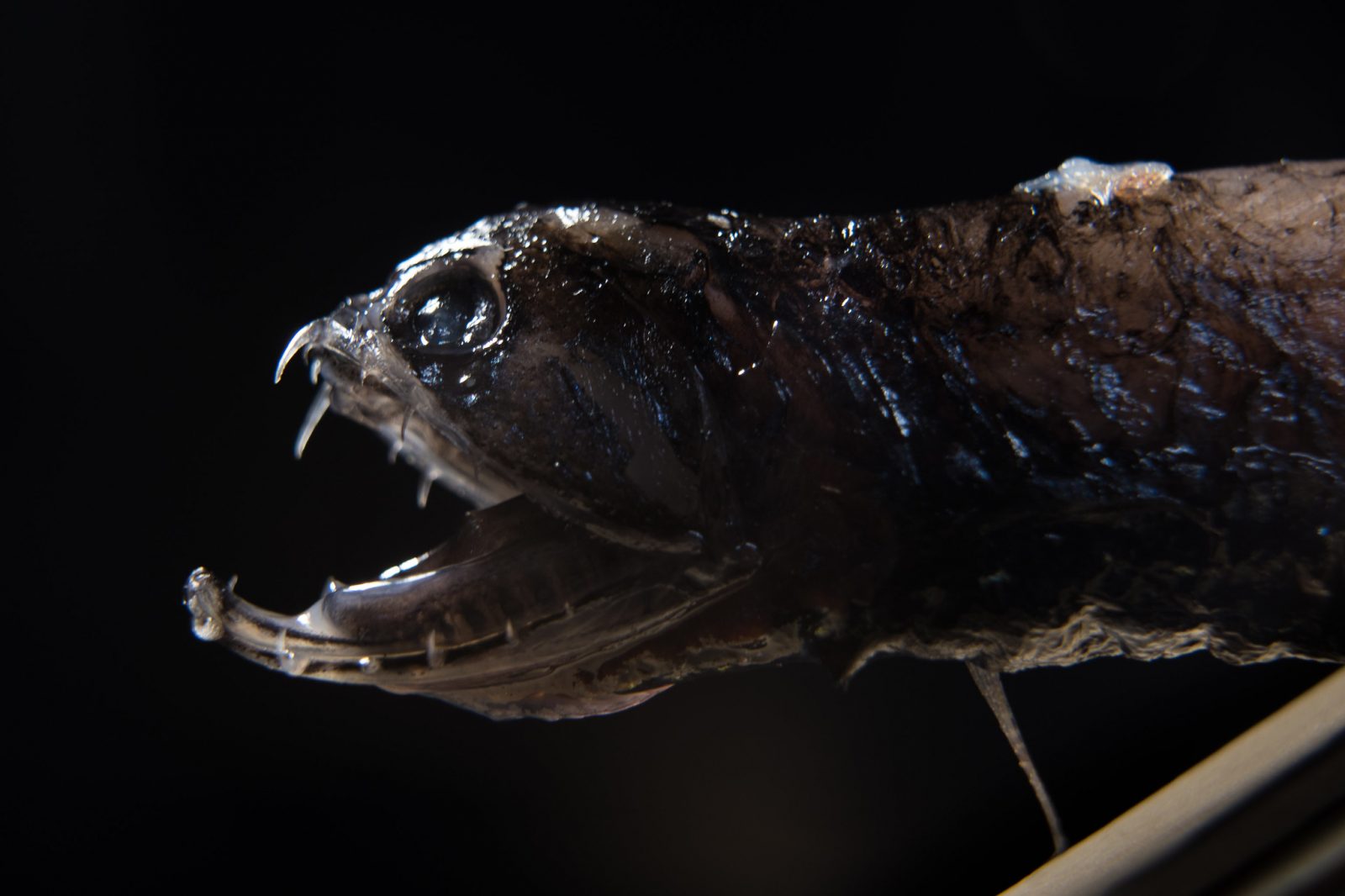Jaw Dropping: Nature’s Irreducibly Complex Linkage Mechanisms
On today’s ID the Future, Bristol University engineer Stuart Burgess dives deeper into the engineering marvels of such sea creatures as the parrotfish, sling-jaw wrasse, mantis shrimp, and the deep sea dragonfish, with a particular focus on the amazing linkage mechanisms found in these creatures. Burgess says these mechanisms are extraordinary examples of engineering prowess, and they are irreducibly complex, thereby posing a challenge to modern evolutionary theory. He and host Eric Anderson also discuss the engineering sophistication of muscles, with a specific look at the human bicep and how the muscle and the brain work together.
Burgess is an expert on linkage mechanisms. His design work in this area helped Great Britain’s cycling team win gold in the two most recent Summer Olympics, and his gearboxes can be found on the European Space Agency’s large Earth-observation satellites. The occasion for today’s discussion is Burgess’s recent scholarly paper in the journal Bioinspiration & Biomimetics.
